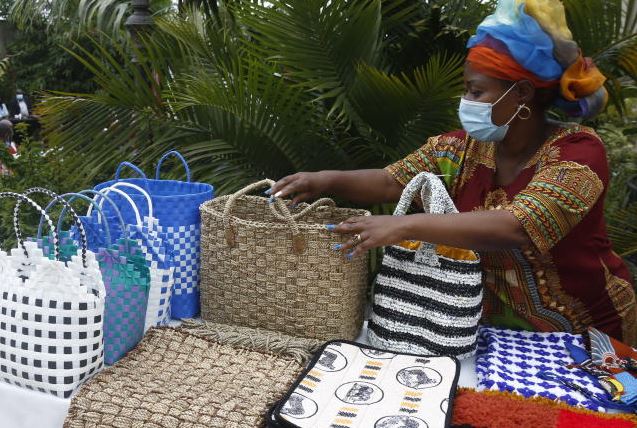×
The Standard e-Paper
Join Thousands Daily

Stay-at-home mothers continue to fight for validation as part of people contributing towards economic development at the family level and nationally.
While this bracket of people does not necessarily spend their time doing house chores, some of them engage in the production of valuable items made through skills such as knitting, beadwork, painting, carving, and pottery among others.